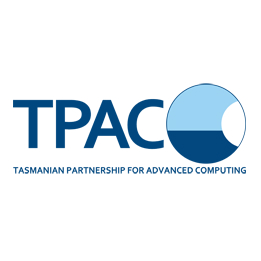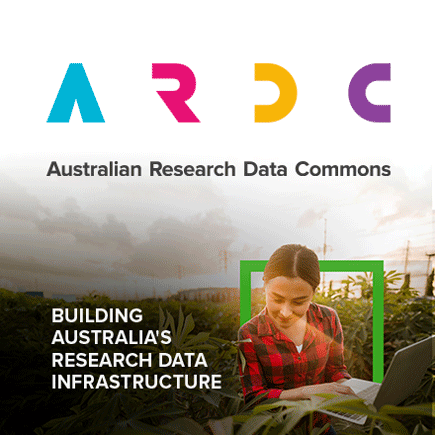Brief description
Little Sandy Bay South monitoring site is collected as part of the Derwent Beach Watch program. Derwent Beach Watch is a collaborative program between councils and state government that tests water quality at 18 swimming sites around the estuary during summer months. Water samples are collected each Tuesday from the start of December to the end of March and analysed for the faecal indicator bacteria Enterococci (Enteralert method) at the Public health Lab. Because the samples must be cultured, it takes several days to publish the results.Created: 27 03 2013
Data time period: 04 12 2007 to 27 03 2012
- Local : 7fa9ac87-a153-46f8-a50b-c8c916f7d186


